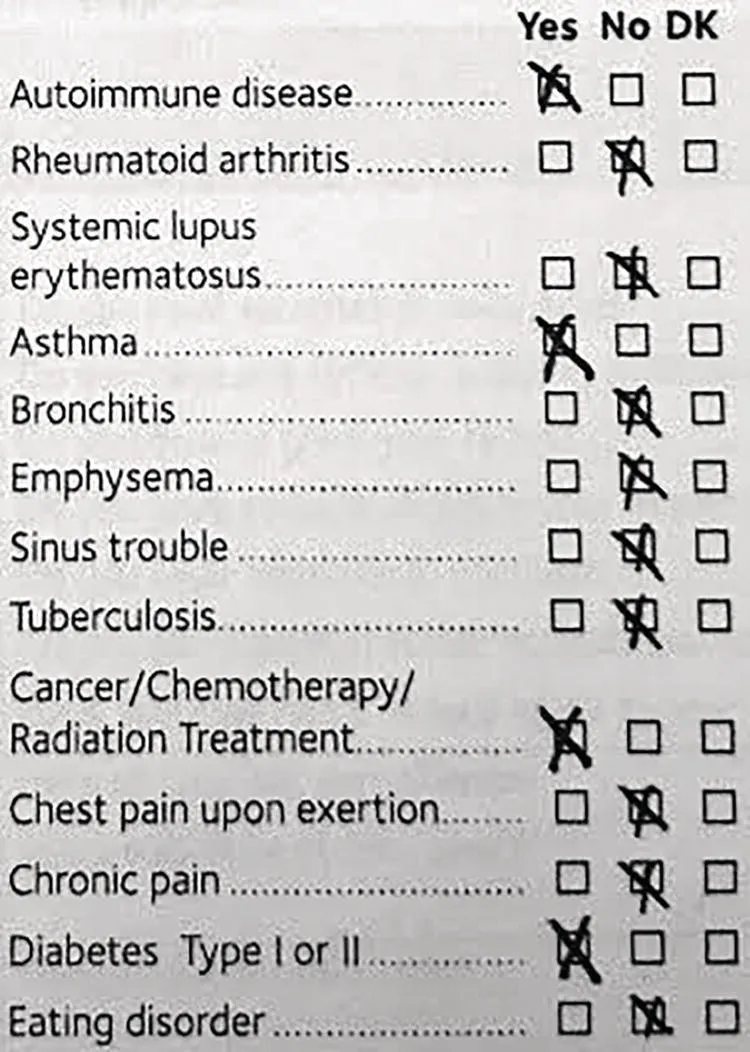
Clinical Dentistry Daily Reference Guide
William A. Jacobson
- English
- ePUB (handyfreundlich)
- Über iOS und Android verfügbar
Clinical Dentistry Daily Reference Guide
William A. Jacobson
Über dieses Buch
CLINICAL DENTISTRY DAILY REFERENCE GUIDE
The first and only practical reference guide to clinical dentistry
Clinical dentistry involves the practice of preventing, diagnosing, and treating patients' oral health conditions. Clinical Dentistry Daily Reference Guide is a one-stop resource loaded with critical information for day-to-day decision making regarding a myriad of clinical scenarios. This invaluable resource saves time by eliminating the need to search through websites, textbooks, and phone apps to find answers.
This book offers step-by-step assistance on health history treatment modifications, oral cancer screening, radiographic interpretation, treatment planning, preventive dentistry, periodontics, operative dentistry, endodontics, oral surgery, toothaches, crown and bridge, dentures, partials, implant crowns, occlusal guards, pharmacology, pediatric dentistry, nitrous sedation, and more.
This comprehensive guide:
- Provides quick access to information in an easy-to-read bulleted format
- Includes hundreds of high-quality clinical images, illustrations, and tables
- Answers real-life patient questions
- Contains procedural steps including post-operative instructions, lab prescriptions, troubleshooting, and clinical pearls
- Features alphabetized medical conditions and treatment modifications, evidence-based guidelines including the dental traumatology guidelines, tables of common medications converted to pediatric dosages, and more.
- Helps dentists gain confidence in their decision making
Clinical Dentistry Daily Reference Guide is a must-have book for all dental students and practicing dentists, both new and seasoned. Other dental professionals that will benefit from this book include dental educators, expanded function dental assistants, and dental hygienists.
Häufig gestellte Fragen
Information
1
Health History Treatment Modifications

Chapter Outline
- Real‐Life Clinical Questions
- Relevance
- Treatment Planning
- ADA Health History Form
- General Guidelines
- Demographic Data
- Dental Information
- Medical History
- Alphabetized Conditions with Treatment Modifications
- Medications
- Lab Values
- Miscellaneous Terms
- ASA Physical Status Classification System
- Medical Consultations
- Sample Form
- Charting Template
- Clinical Pearls
- Troubleshooting
- Tips
- Real‐Life Clinical Questions Answered
- References
Real‐Life Clinical Questions
Dental Student's Comment
-
- “My patient has asthma and is here for a filling.”
Dental Assistants' Questions
-
- “Doc, how often do we have the patient fill out the health history form?”
-
- “Doctor, the pulse is really high, is that OK?”
-
- “If I take his temperature, what temperature is considered a fever?”
Patient's Daughter's Comment
-
- “She [the patient] is my mother and I will translate for her.”
Patients' Comments
-
- “Yeah I take medications, but you don't need to know which ones I'm taking, you're just working on my teeth.”
-
- “I stopped my blood thinner medication a few days before this appointment.”
-
- “I took about 10 aspirin the last two days before today's extraction appointment.”
-
- “My INR is always 2 so I'll be fine.”
-
- “I have a newborn!”
-
- “I have HIV but I'm undetectable.”
-
- “I had radiation to my head.”
-
- “I had a heart attack last week but don't worry about it, I'm fine just pull the tooth.”
-
- “I feel fine so I'm not going to the emergency room because of my blood pressure.”
Patients' Questions
-
- “I'm pregnant. Is it safe to get dental treatment?”
-
- “I'm just here for my denture, so why do you need to take my blood pressure?”
-
- “I was diagnosed with cancer and I need a dental clearance signed.”
Relevance
- if any treatment modifications are necessary
- when to obtain a medical consultation and what to ask
- when to refer the patient to another provider for consultation and/or treatment.
Treatment Planning
| Treatment phase | Description (may or may not apply) |
|---|---|
| Emergency phase | Urgent treatment of pain, infection, trauma, and/or esthetic emergency (provide a health history form and medical consultation as necessary) |
| Data gathering phase | Medical history: medical consultation as necessary |
| Stabilization phase (to control disease) | At every appointment ask if any changes to health history (document) |
| Definitive phase | At every appointment ask if any changes to health history (document) |
| Maintenance phase | New health history form every two years (document date) [1] |
ADA Health History Form
General Guidelines
- Follow up with any questions marked “Yes” or “DK” (i.e. “Don’t Know). See Figure 1.1.
- Do not allow the patient to leave any response unanswered.
- Do not allow the patient to mark one long line through all the “No” answers.
- Make sure the patient signs and dates.
- Do not provide any dental treatment to the patient until you review the entire health history form.